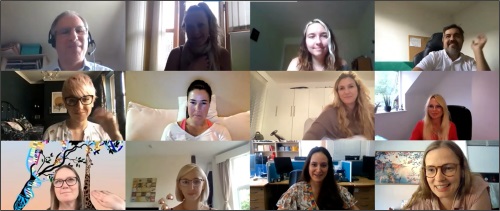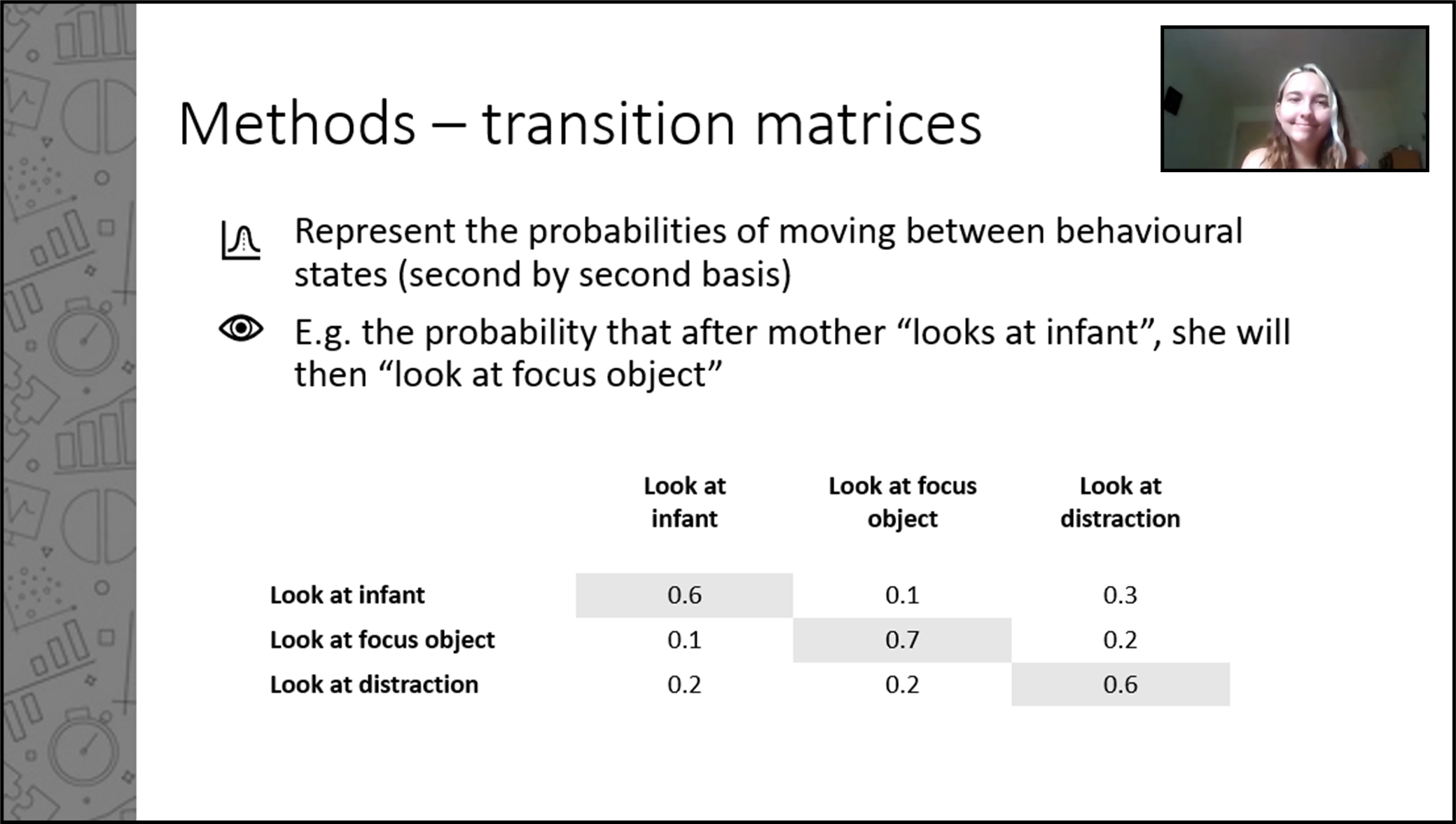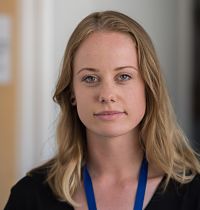CDT Digital Health and Care Cohort 1 student Romana Burgess reports back from the “MHINT micro-coding workshop” that she recently participated in:
On Friday 2nd July, I attended a virtual workshop to discuss micro-coded videos of parent-child interactions, with the aim to foster collaborations moving forward in how to analyse these complicated datasets.
The event joined together 20 academics from multiple countries (e.g. UK, Brazil, Chile, Norway, South Africa), disciplines (e.g. epidemiologists, mathematicians, dieticians, psychologists, biologists), and career levels (e.g. professors, lecturers, post docs, PhD and MSc Students).
Many of these researchers have collected and processed their data, and are now considering how to analyse it. This is a core focus of my PhD, and so I – along with multiple other academics – presented some ideas for potential next stages. For example, how we might use a facial analysis software to automatically capture and describe facial expressions, or how we might identify sequences of behaviours from coded data.
Not only was the workshop beneficial for developing collaborative projects, but it also provided me with an opportunity to practice communicating my research to other academics. Particularly, I was able to practice explaining mathematical and computing-based concepts to those within non-STEM backgrounds.



